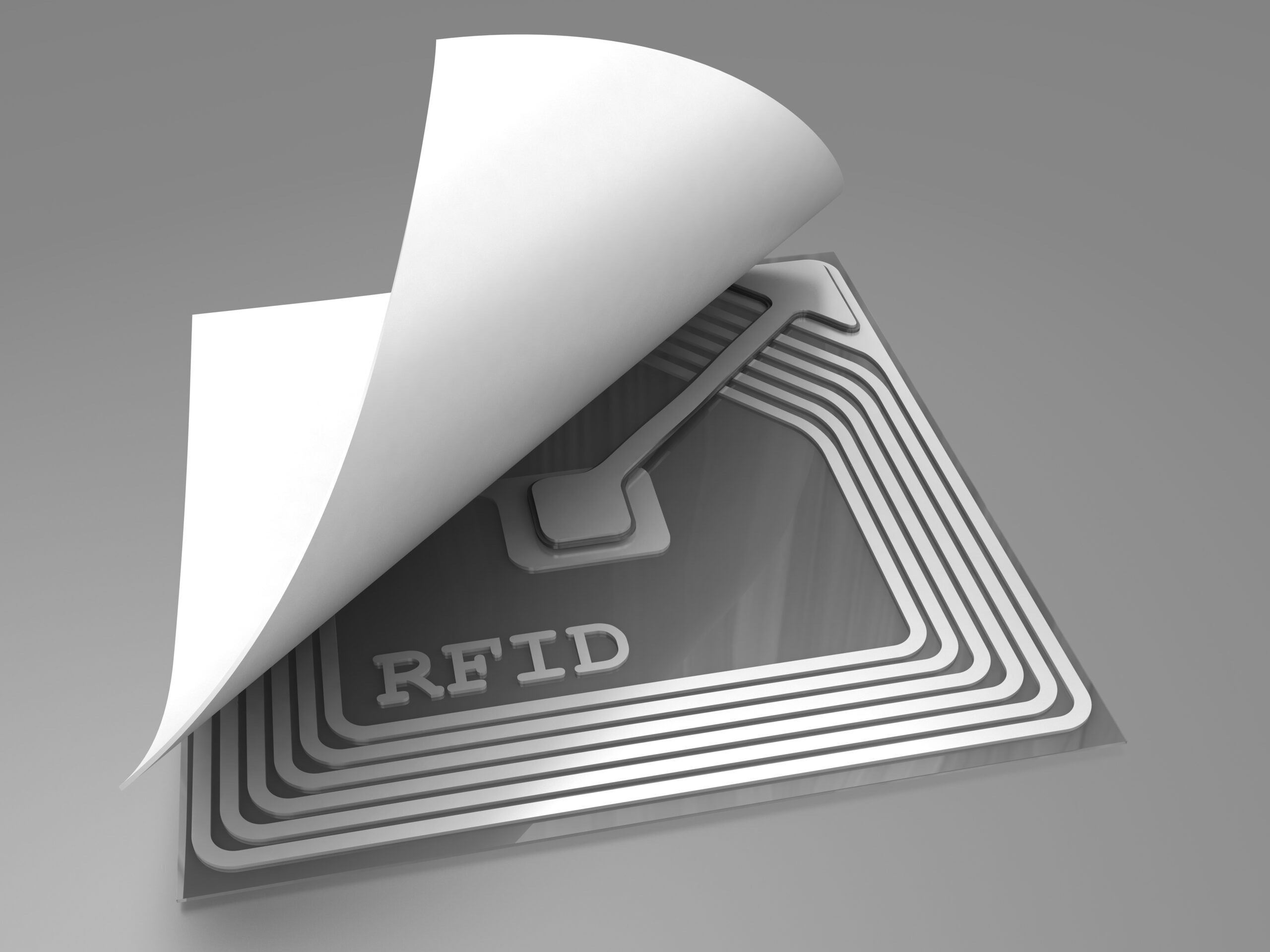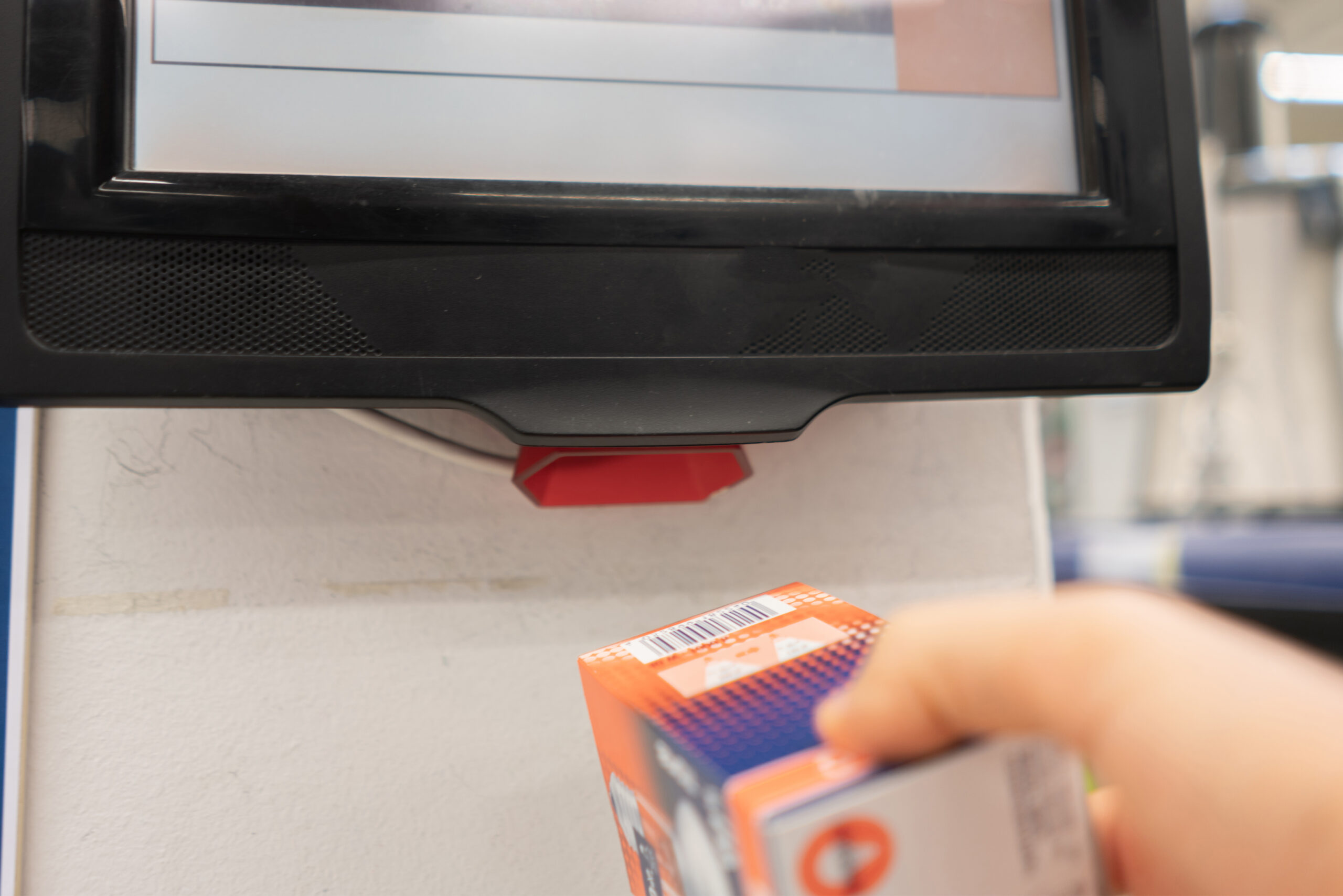RFID (Radio Frequency Identification) technology has emerged as a game-changer, offering food companies an efficient and reliable solution for equipment monitoring. By leveraging RFID technology, food companies can reap numerous advantages and revolutionise their equipment monitoring practices.
From enhanced traceability and efficiency to improved maintenance and compliance, RFID technology presents a transformative opportunity for the food industry to streamline operations and elevate standards of quality and safety.
In this article, we will know the three key ways food companies can benefit from RFID equipment monitoring.
RFID tool tracking in the food industry: how it works.
RFID technology has become a valuable asset in the food industry, particularly when it comes to equipment monitoring. The application of RFID in tool tracking provides food companies with efficient and reliable methods to enable the safety and quality of their products. Here are three key aspects of RFID tool tracking in the food industry:

Monitoring the weather and temperature
RFID technology can be equipped with temperature and weather sensors to provide real-time monitoring of environmental conditions. This capability is crucial for perishable food items that require specific temperature and storage conditions.
By using RFID tags embedded with temperature sensors, food companies can closely monitor the temperature of their storage facilities, refrigerators, and transportation vehicles. Any deviations from the desired temperature range can trigger automated alerts, allowing prompt action to maintain the integrity of the products and prevent the risk of spoilage.
Supply Chain Management
RFID technology enables seamless tracking and management of food products throughout the supply chain. Each item or package can be affixed with an RFID tag, which contains detailed information such as origin, batch number, expiration date, and handling instructions.
As the products move through various stages of the supply chain, RFID readers capture and update the data in real time. This end-to-end visibility facilitates efficient inventory management, reduces the risk of errors, and ensures timely delivery of fresh and safe food items to consumers.
Limiting the possibility of an overstocking of products
Overstocking can lead to increased waste, reduced profitability, and compromised product quality. RFID technology can play a crucial role in preventing overstocking by providing accurate and up-to-date inventory information.
RFID readers placed strategically throughout storage facilities can automatically detect and record the presence of products, eliminating the need for manual stock checks. This real-time inventory visibility helps food companies optimise their ordering processes, prevent stock outs or excess inventory, and ensure a smooth and efficient supply chain.
How a radio frequency identification tool tracking system may improve the safety and security of inventory management in the food and beverage industry?
Implementing a radio frequency identification (RFID) tool tracking system can significantly enhance the safety and security of inventory management in the food and beverage industry. RFID technology offers numerous advantages that directly benefit food and beverage companies in this context.

Tracking of inventory
Firstly, RFID enables real-time and accurate tracking of inventory. Each item or package is equipped with an RFID tag containing unique identification information. RFID readers placed strategically throughout the facility can quickly and automatically scan these tags, providing real-time updates on the location and status of every item.
This level of visibility ensures better inventory control, reducing the risk of errors, loss, or theft.
Enhances traceability
RFID enhances traceability in the food and beverage industry. With RFID tags embedded in individual products or packaging, it becomes easier to track the entire journey of a food item, from production to distribution. The tags can store critical information such as batch numbers, expiration dates, and origin, enabling swift and precise recalls if necessary.
Rapid identification
In cases of contamination or quality concerns, RFID facilitates rapid identification and isolation of affected products, preventing potential harm to consumers and safeguarding brand reputation.
Improves security
RFID technology also improves security by deterring unauthorised access and preventing counterfeit products from entering the supply chain. RFID tags can be equipped with anti-tamper features and encrypted data, making it difficult for malicious actors to manipulate or replace the tags without detection.
This ensures that only authentic and properly labelled products are included in the inventory, mitigating the risks associated with counterfeiting and unauthorised substitutions.
Enhances operational efficiency
RFID tool tracking systems enhance operational efficiency by automating inventory management processes. With RFID readers scanning multiple tags simultaneously, inventory counts can be performed quickly and accurately.
This eliminates the need for manual, time-consuming counts and minimises human errors, leading to cost savings and improved productivity.
Enables automated alerts
RFID enables automated alerts and notifications for low stock levels, expirations, or irregularities, facilitating proactive inventory management and reducing the likelihood of stockouts or waste.
Summary
By enabling real-time tracking, improving traceability, enhancing security measures, and automating inventory processes, RFID tool tracking systems streamline operations and contribute to the overall integrity of the supply chain. Embracing RFID Technology in the food and beverage industry ensures greater efficiency, better customer safety, and stronger brand trust.



